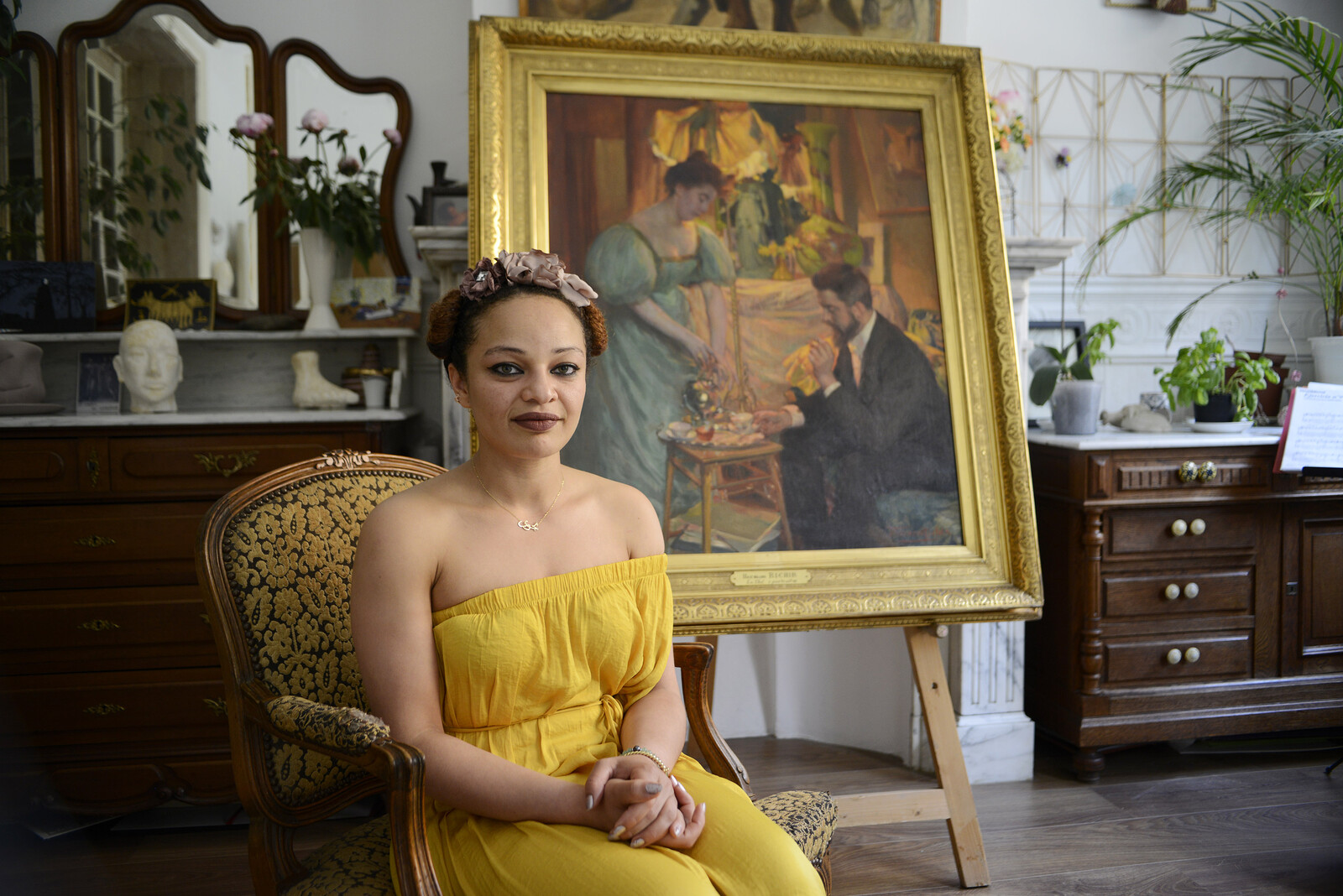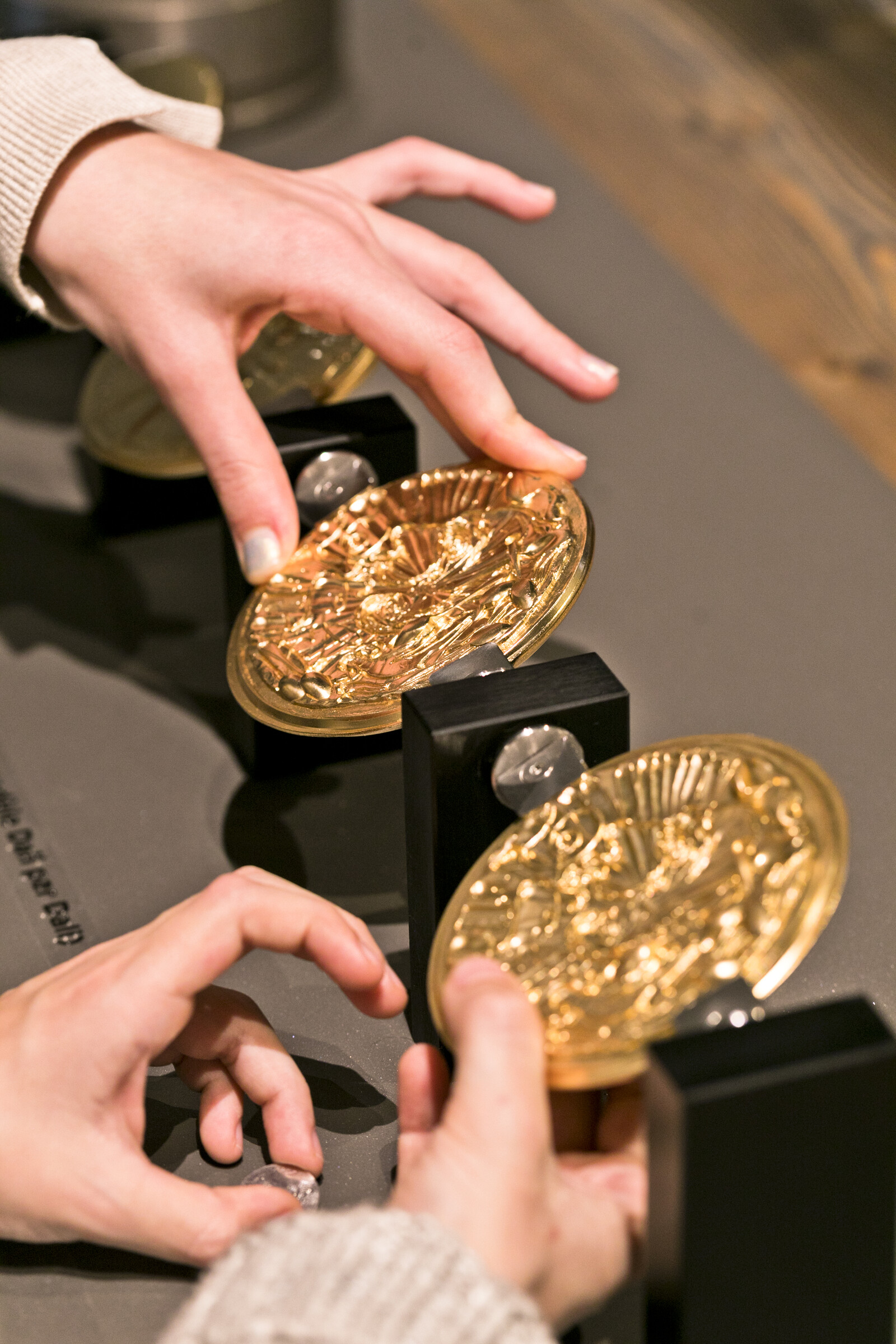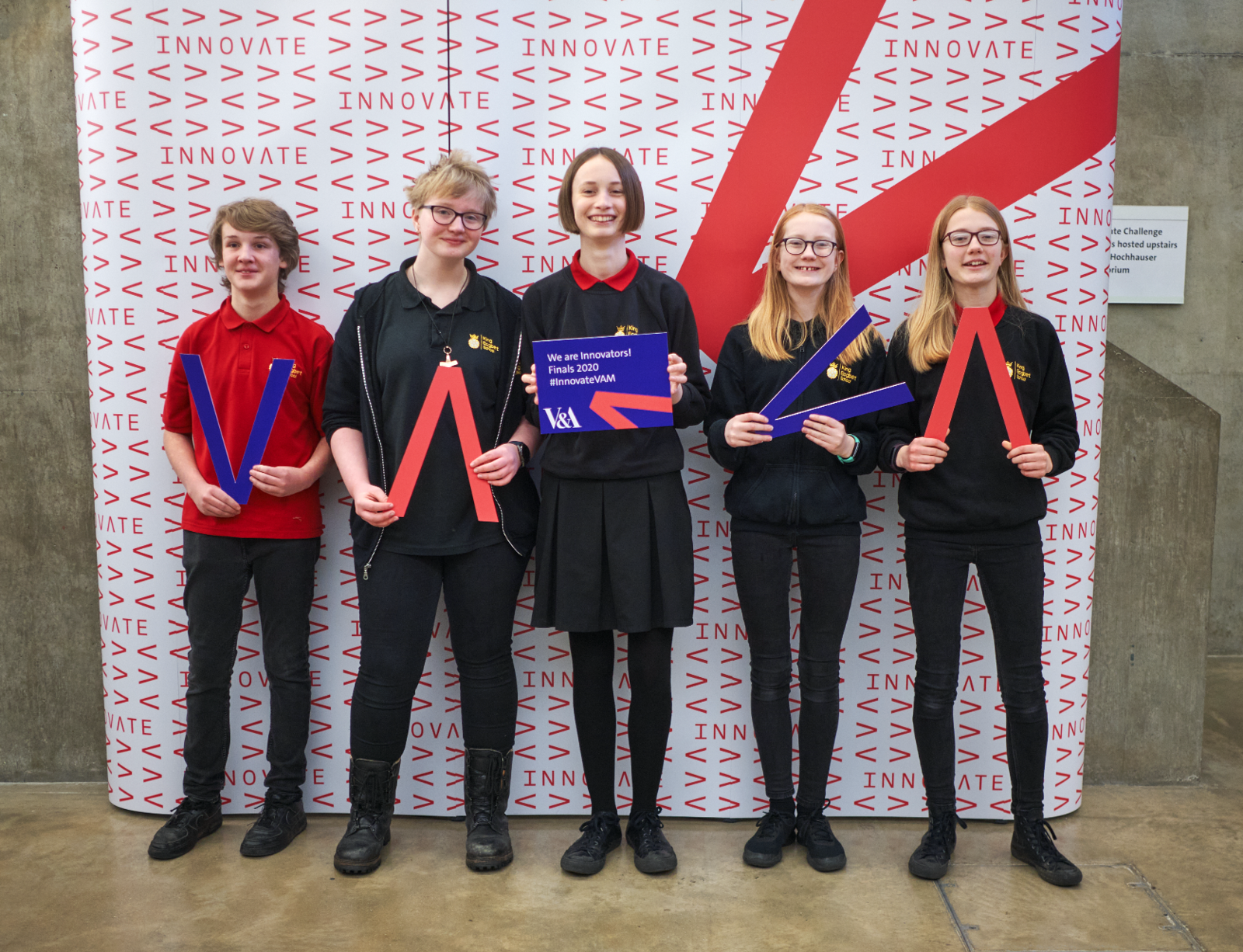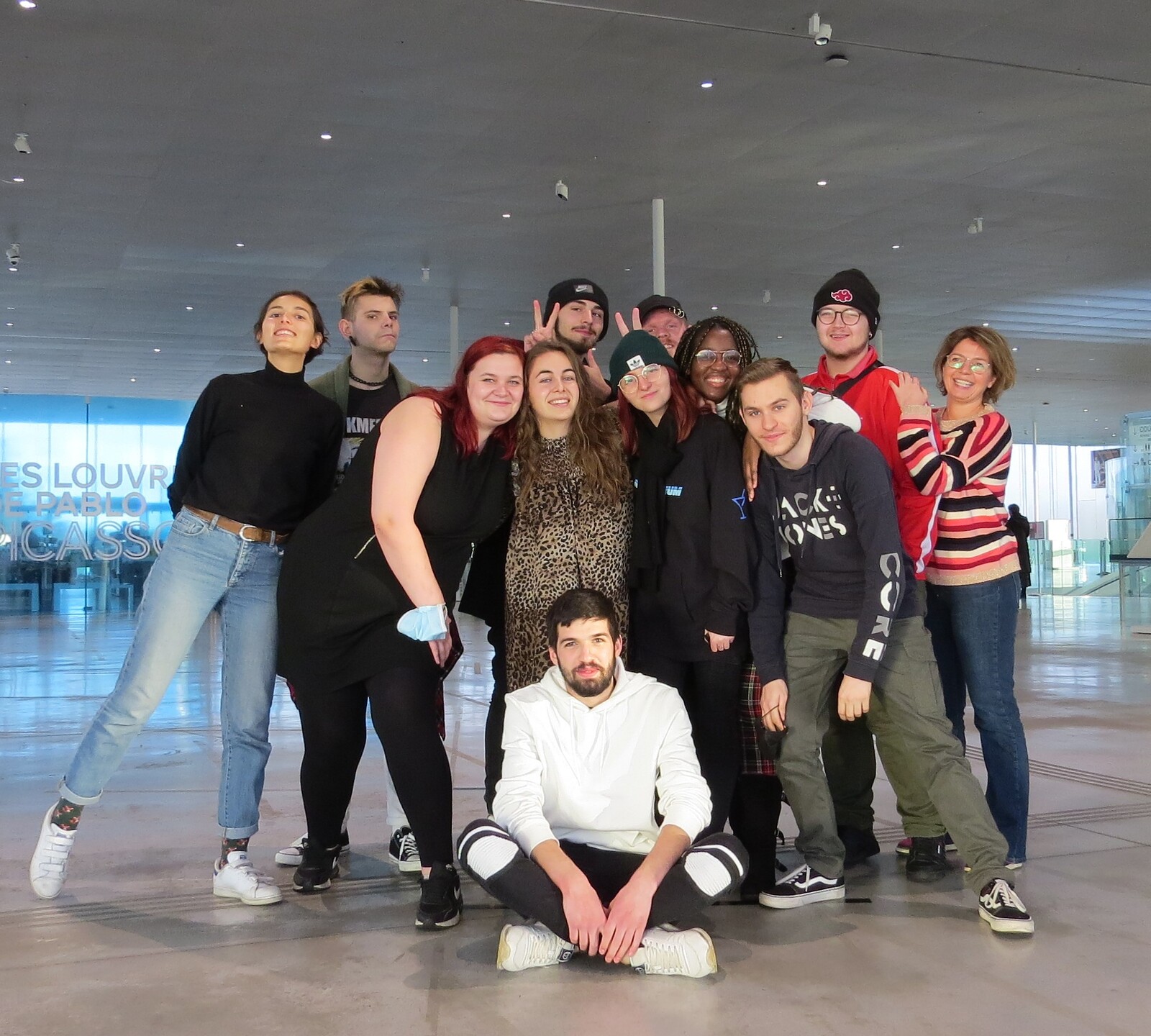The Award, launched in 2020, is open to all public and private European museums and art centres. Its goal is to encourage art institutions to develop innovative way to reach new and wider audiences, particularly those who might be less familiar with cultural institutions.
This year, three 50,000 EUR prizes and one 10,000 EUR audience award will be given to support activities aimed at engaging new audiences. Short-listed projects included digital innovations, off-site projects, new methods of outreach and engagement, programmes for people with disabilities, and building cultural awareness in young people.
The three winners selected by the jury are:
Category 1: Institutions receiving fewer than 100,000 visitors per year
Musée d’Ixelles (Brussels, Belgium) with “Museum at home”: allowing local residents to exhibit a work of art in their home for a weekend. When museum doors are shut, art comes knocking at the neighbours’ house! The museum offers local residents the opportunity to exhibit one of its artworks in their home for a weekend. The project strengthens bonds between the artworks, the museum, the local area and the general public, who benefit from the opportunity to (re)discover the collections in an intimate setting, buoyed by a highly personalized mediation process.
Category 2: Institutions receiving between 100,000 and 500,000 visitors per year
Monnaie de Paris (Paris, France) with “The senses of memory”: development of a digital, multi-sensory museum guide kit on the history and art of coin minting, reaching out to engage senior citizens with specific care needs. ‘The senses of memory’ is specially designed to engage elderly visitors with memory-related care needs. The project transforms coinage, already the most widely circulated and handled art form in the world, into a tool for the activation of individual and collective memory.
Category 3: Institutions receiving over 500,000 visitors per year
Victoria and Albert Museum (London, United Kingdom) with “V&A Innovate”: an annual, digital first National Schools Challenge, asking students (ages 11–14) to work in teams to design a solution to a modern-day issue, with the themes each year being inspired by the museum’s collections. Teachers deliver the challenge in the classroom, using our online resource hub and training, inspiring our next generation of designers and creatives.
With over 5,700 votes having been cast all over Europe, the public choice award went to:
Muséee du Louvre-Lens (Lens, France) with “Participative exhibition”: curating, organising and running an event exhibition with a group of disadvantaged young people. In the run-up to December 2022—the 10th anniversary of its inauguration—the museum is preparing an exhibition with a group of young adults experiencing social or professional exclusion. Over the course of 19 months? the young curators, under the support and guidance of the museum’s teams, will curate, plan and run an exhibition on the place of art in the home/personal spaces.
The three winners have been chosen from 18 shortlisted projects by a jury composed of leading international figures in the arts and the Académie des beaux-arts:
–Diane Drubay, founder of We Are Museums
–Tatyana Franck, Curator of the Musée de l’Elysée, member of the PLATEFORME 10 board of directors
–Adrien Goetz, Doctor of Art History and Academy member
–Fabrice Hyber, artist and Academy member
–Frédéric Jousset, Founder and president of Art Explora
–Catherine Meurisse, graphic novelist and Academy member
–Laurent Petitgirard, Permanent Secretary of the Académie des Beaux-Arts
–Anna Somers Cocks, journalist and founder of The Artnewspaper
–Marie-Cécile Zinsou, chair of the Zinsou foundation and president of the board of directors of the Villa Medici, Rome
The winner of the audience award was chosen by popular vote. Members of the general public were invited to vote for their favourite project from the shortlist between November 22–30, 2021.
The 2020 award winners were the Mucem in Marseille; the National Thyssen-Bornemisza Museum in Madrid; and the National Gallery in London. The extraordinary winning projects have been developed and delivered in 2020–21.
For more information, visit here.




